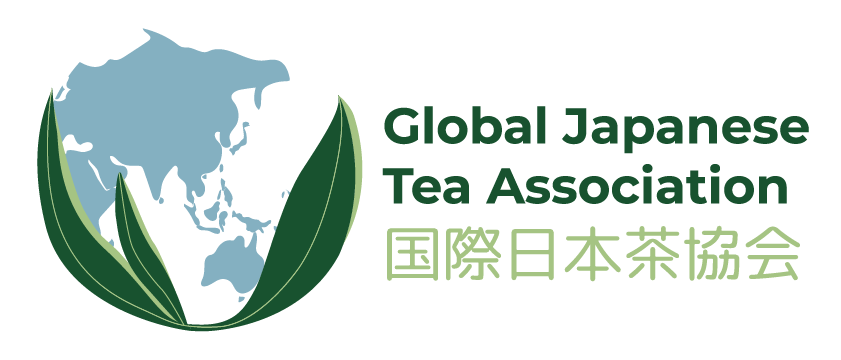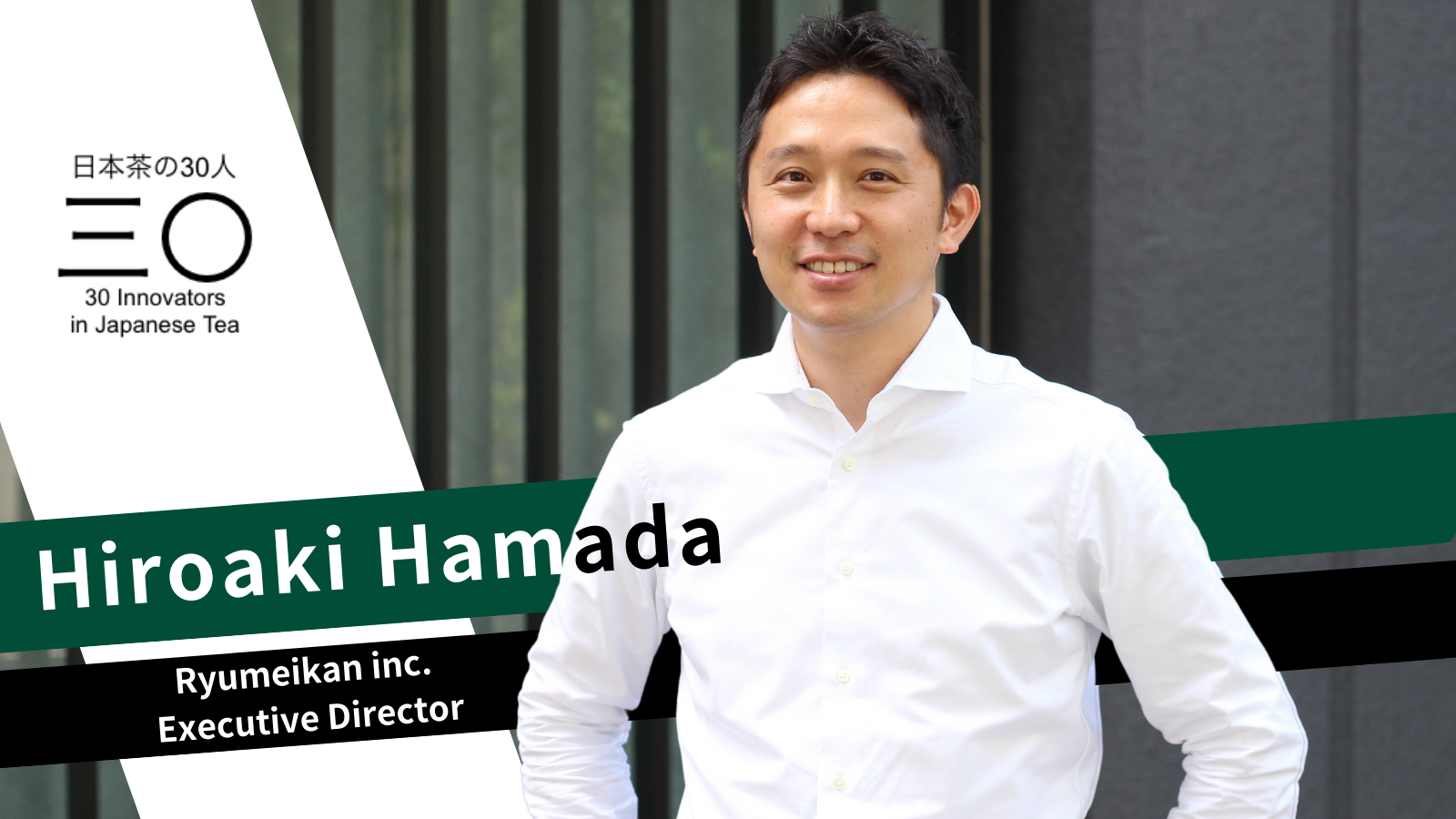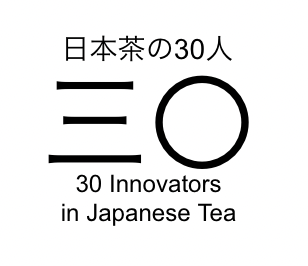When you stay at a ryokan or hotel in Japan, there is always tea in the room. This is normal. However, when you go abroad, there is no Japanese tea in the room. This is also normal. In other words, tea is treated as standard hospitality only at Japanese hotels and ryokans.
There is a hotel that has taken this norm to the next level. This is the tea-themed Hotel 1899 Tokyo, which opened in 2018. The hotel is operated by the Ryumeikan Group, which was founded in 1899. In addition to the hotel, the group also operates a restaurant and café based on the concept of tea.
Now that the coronavirus pandemic is beyond us and the yen continues to weaken, inbound tourism (tourism of foreigners) is particularly active. More than 20 million inbound tourists visited Japan in 2023, and the inbound market is predicted to continue growing. Accommodation is essential for inbound tourists who are not on a day trip. Tea there should be special, not ordinary. Tea, which is taken for granted and has even entered the guestrooms, conveys the essence of Japanese culture.
We spoke with Hiroaki Hamada, the executive director of Ryumeikan, who is realizing the possibilities of “tea x accommodation” with the theme of tea.
Hiroaki Hamada
Hiroaki Hamada graduated from the Faculty of Economics, Seikei University, and completed the master’s degree at the Faculty of Business Administration, BBT University. After working at a major financial institution, he joined Ryumeikan Co., Ltd. in 2008 to prepare for the opening of Hotel Ryumeikan Tokyo. After working at the front desk of the hotel, Hamada-san was involved in the renovation of Hotel Ryumeikan Ochanomizu and the opening of Hotel 1899 Tokyo before assuming his current position.
Contents
- 1 Seeing the “light of the country” through tourism, shining light on the Japanese culture of tea.
- 2 2 Creating a wabi-sabi space that subtly incorporates the culture of Japan and tea.
- 3 Tea is all too familiar to Japanese people. Wanting the visitors to experience and feel the value of tea, which is a precious culture.
Seeing the “light of the country” through tourism, shining light on the Japanese culture of tea.
Hamada: This may be out of the blue, but do you know the origin of the word tourism?
Q: No, I do not know… What is the origin of the word tourism?
Hamada: The origin of the word tourism is to see the light of the country. We are mainly in the hotel business, but as the Ryumeikan Group is involved in the tourism business, we have been conscious of incorporating the culture of Japan into our hotels, shining a light on it, and letting people see the best qualities.
We are not just a place to sleep, but also operate restaurants and other facilities with an emphasis on incorporating cultural elements. However, through the operation of the Restaurant 1899 Ochanomizu, which opened in 2014, we decided that we should focus more directly on the Japanese culture of tea, and created this hotel with a restaurant – Hotel 1899 Tokyo in 2018.
Q: What have you been focusing on since opening the Hotel 1899 Tokyo in 2018?
Hamada: There are two main things. First, we focused on the branding aspect, including the restaurants under the same brand that were already in business.
With the opening of Hotel 1899 Tokyo, we reexamined the 1899 brand. The restaurants that were already in operation at the time of the hotel’s opening were readjusted to match the new 1899 brand, so that the 1899 brand would continue to be embodied in the hotel’s accommodations.
It is not uncommon for a brand to follow a concept when it first starts, but over time its worldview becomes obsolete. To prevent this from happening with the 1899 brand, we have been careful about each and every project after opening.
Second, we focused on increasing the value of Hotel 1899 Tokyo. In general, the location and size of guest rooms are important factors in the price of a hotel.
At Hotel 1899 Tokyo, the concept of tea connects to the value of the hotel that makes it worth staying for guests, including the restaurant on the first floor, where guests can enjoy dishes made with Japanese tea and experience Japanese tea culture.
I think there are many different styles of offering Japanese tea. Of course, what we offer is not a tea ceremony, and we are not tea farmers producing tea. After discussing internally the form of Japanese tea we can offer, we decided to refine our offerings by serving tea dishes, creating a space where people can experience the culture of Japanese tea, and so on.
Q: So your focus is on getting people to know about tea through the space and experience of the hotel and restaurant, right?
Hamada: Yes, that is right. At 1899 we are not tea producers, and we are involved in the tea industry from a governmental standpoint. Our goal is to be able to convey the culture and appeal of Japanese tea through our hotel and restaurant businesses, where an increasing number of people gather.
Q: Are there any hotels, restaurants, or companies that serve as benchmarks or competitors for the Hotel 1899 Tokyo?
Hamada: From the perspective of Japanese tea, there is no one in the same industry that I consider a benchmark or rival. What we are always thinking about is what we can offer as a hotel business in creating a relaxing time with tea for our guests.
2 Creating a wabi-sabi space that subtly incorporates the culture of Japan and tea.
Q: I stayed at the hotel this time and was surprised to see a porch in the room. Is this porch part of your concept of creating a relaxing time with tea?
Hamada: That is right. It is more of a model of a porch than an actual porch, but there are a lot of tricks you would not know if you were not told.
Q: Is there a reason you went to the trouble of making something that you would not know about unless you are told?
Hamada: In order to realize the concept of a relaxing time spent with tea, we wanted to integrate everything from the design of the building, to the music, to the behavior and service of the staff.
It may be easier to understand that the concept is tea by displaying a giant teapot. Hotel 1899 Tokyo is not interested in such a project-oriented approach, but rather wants to communicate what we define as our brand concept to our guests through elements necessary for the lodging business. We offer many subtle motifs of Japanese tea and Japanese culture that you would not notice if you were not told.
Q: What other things of resemblance do you have in mind?
Hamada: For example, in a guest room, the easiest thing to notice is the light next to the bed. This resembles a chasen used to make matcha.
Other features include elevator floor guides resembling chasoku – a tea ceremony tool to draw out tea leaves; and room wear depicting one bud, two leaves of tea.
The floor tiles on the first floor of the restaurant are designed to resemble the tatami mats of a tea room, and the seats are long benches with cushions placed on them, reminiscent of a porch.
Apart from the logo, we have also created a motif pattern for the brand, which is based on the tatami mats in a tea room.
Q: What was the intention behind not only the logo but also the motif pattern?
Hamada: When we were researching other brands for reference, we found that famous, well-known brands had motif patterns along with their logos. So we decided to create an original pattern separate from the logo, and use it as a motif.
The 1899 brochure also has this motif pattern faintly visible. Take a look.
Q: In the food and beverage industry, what kind of initiatives are you working on under the theme of tea?
Hamada: The ground floor of the Hotel 1899 Tokyo is a restaurant/cafe space where we serve tea dishes. In addition, in 2023, we also held a parfait-making experience for children at our Ochanomizu branch in Chiyoda-ku, Tokyo. We encouraged them to make and eat sweet parfaits, and offered tea at the end of the event.
Although it was a parfait-making event, we focused on providing tea at the end of it so that children could experience how tea is brewed in a teapot and what it tastes like.
In order to embody our concept of a relaxing time spent with tea, we believe that it is worthwhile to expand the range of spaces where people can experience tea.
Tea is all too familiar to Japanese people. Wanting the visitors to experience and feel the value of tea, which is a precious culture.
Q: Are there any difficulties in working with tea?
Hamada: I guess it is something that Japanese people are all too familiar with.
Tea has become something that is offered to us for free. We do not feel that tea is special or something that we have to pay for. I feel that it is difficult to make people feel the value of tea and be willing to pay for experiencing it.
Q: What does tea mean to you?
Hamada: For me, tea is a precious culture.
Of course, the tea ceremony is a precious culture. But tea itself is a drink that we are familiar with and that is integrated into our daily lives. So I think that tea itself is a precious culture.
Q: What is the mission of the 1899 brand?
Hamada: Our brand concept is creating a relaxing time with tea. In order to realize this concept, we are working to embody it in various ways, such as in a restaurant, in a hotel, for children.
Q: How do you envision the future of the 1899 brand?
Hamada: We believe that the main players in the tea industry are the tea growers. At 1899 we want to shine a light on the wonderful teas produced by the tea growers.
There are many activists in the tea industry, but we believe that our strength lies in the fact that we have hotels, restaurants, and other venues that attract an increasing number of people from both Japan and abroad.
Q: What do you want the future of the tea industry to look like?
Hamada: I hope that for us Japanese people, tea will continue to be a part of our lives, but at the same time, I hope that we will start to look at tea in a new light.
Tea is too close to our lives. I do not think many people will try to reevaluate the value of tea. However, I want as many people as possible to reconsider tea, experience it again, try brewing it in a teapot again, and feel that the time spent with tea leads to spiritual satisfaction.
Q: Who do you think is working on interesting initiatives related to tea?
Hamada: We are very indebted to Miyanoen, which produces Sayama tea in Saitama and Yamama Masudaen in Shizuoka, with whom 1899 has been doing business.
Miyano-san handles a wide variety of products and invites people from all walks of life. Yamama Masudaen is a tea farm that produces high quality teas that can be exported to foreign countries, where standards are much stricter.
I feel that both of them have a strong desire to popularize Japanese tea.
Q: How do you think the tea industry should change in the future?
Hamada: I think there are many wonderful initiatives in the tea industry, but it would be nice if there were more opportunities for the general public to participate in them. Therefore, we at 1899 would like to continue to work with the tea industry to create opportunities for as many people as possible to reconsider the value of tea.


